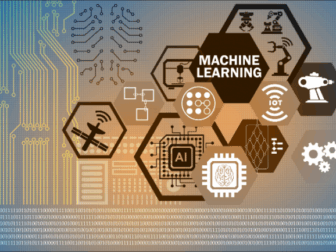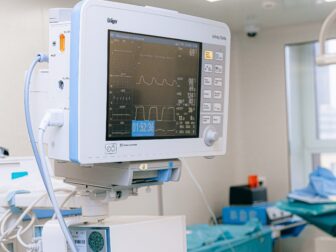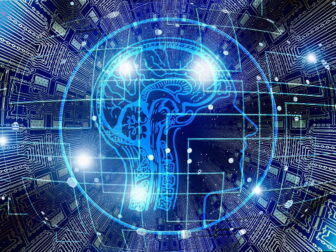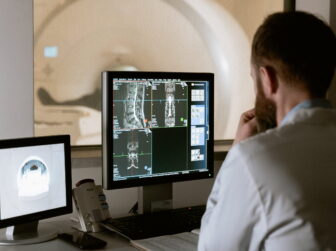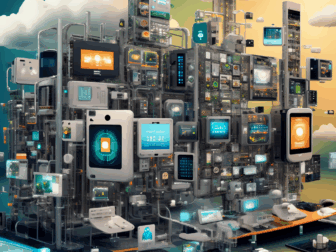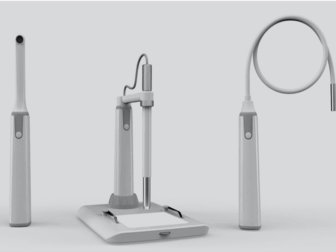Tag - internet of things
Blog , December 4, 2023 , Bluetooth, internet of things, IoT technology, Wireless Communication Protocols, ZigBee
Blog , November 27, 2023 , internet of things, IoT in Healthcare, smart hospital
Blog , November 22, 2023 , internet of things, IoT technology, smart building, smart farming
Blog , November 21, 2023 , internet of things, IoMT, Medical Internet of Things, Medical IoT, smart hospital
Blog , November 21, 2023 , 5G & IoT, 5G Technology and IoT, internet of things
Cases, Typical , October 27, 2023 , building management, internet of things, iot, IoT Cases, smart building
Cases, Typical , May 23, 2023 , internet of things, IoT Cases, Smart Endoscope, Smart Medical
The Impact of Internet of Things on Modern Society
The internet of things (IoT) is revolutionizing the way we live and work by connecting everyday objects to the internet and allowing them to communicate with each other. From smart homes and wearable devices to industrial applications and healthcare systems, the IoT is transforming our world in ways we never thought possible.
One of the key benefits of the IoT is its ability to improve efficiency and convenience in our daily lives. Smart home devices such as thermostats, lighting systems, and security cameras can be controlled remotely through smartphone apps, allowing homeowners to save energy and ensure the safety of their homes even when they are away. Wearable devices like smart watches and fitness trackers can monitor our health and fitness levels in real-time, providing valuable insights that can help us make healthier lifestyle choices.
In the industrial sector, the IoT is revolutionizing manufacturing processes by enabling machines to communicate with each other and make real-time decisions. This has led to the development of smart factories that are more efficient, flexible, and responsive to changing market demands. By collecting and analyzing data from sensors embedded in machines and equipment, companies can optimize their production processes, reduce downtime, and improve overall productivity.
In the healthcare industry, the IoT is transforming the way patients receive care and how healthcare providers deliver it. Remote patient monitoring devices can track vital signs and health metrics, allowing doctors to monitor patients’ conditions and intervene early if necessary. This has the potential to improve patient outcomes, reduce hospital readmissions, and lower healthcare costs.
Despite its many benefits, the IoT also poses challenges and risks that need to be addressed. One of the biggest concerns is data security and privacy, as the vast amount of data collected by IoT devices can be vulnerable to hacking and misuse. Ensuring the security of IoT devices and networks is essential to protect sensitive information and prevent cyber attacks.
Another challenge is interoperability, as different IoT devices and systems may use different communication protocols and standards. This can make it difficult for devices from different manufacturers to communicate with each other, leading to compatibility issues and limiting the full potential of the IoT.
As the IoT continues to evolve and expand, it is important for policymakers, industry stakeholders, and consumers to work together to address these challenges and ensure the responsible development and deployment of IoT technologies. By leveraging the power of the IoT in a secure and sustainable manner, we can unlock its full potential to create a more connected, efficient, and innovative society.
